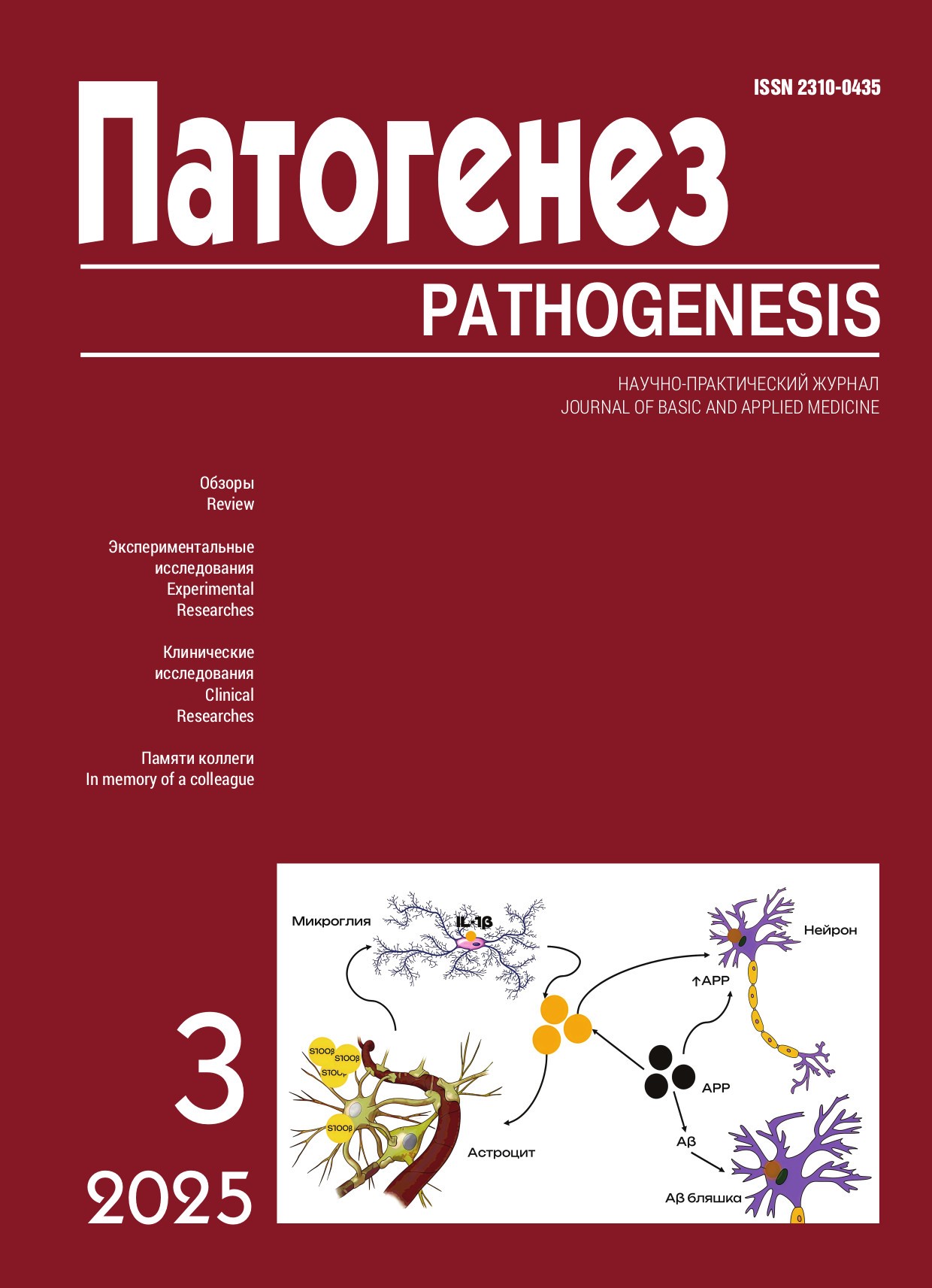Caloric restriction alters the transcriptome profile of tumor and lung cells in C57BL/6 mice with B16 melanoma
Abstract
Caloric restriction reduces the risk of age-associated diseases, including cancer. The molecular mechanisms of the effect of caloric restriction on the processes underlying the pathogenesis of diseases are still not fully understood. In recent years, researchers have developed new, effective methods to answer these questions, in particular, transcriptome analysis.
Objective: to identify differentially expressed genes by transcriptome analysis in tumor node and lung tissue of mice with B16 melanoma (30% caloric restriction) compared to control animals fed ad libitum.
Material and methods. C57Bl/6 mice on a basal diet were the control group; mice kept on a diet with 30% caloric restriction were the experimental group. After 3 months, both groups of animals were transplanted with B16 melanoma cells. On the 15th day, after euthanasia of the animals, transcriptome sequencing was performed. Processing and statistical analysis were performed on the Dr. Tom platform developed by the Beijing Genomics Institute (BGI) https://biosys.bgi.com/#/report/login
Results. In tumor tissue, we found the most pronounced decrease in the expression of genes in the "Steroid Biosynthesis" and "Oxidative Phosphorylation" signaling pathways. A decrease in the activity of genes in these signaling pathways may play a role in inhibiting tumor growth, in particular, by inactivating the PI3K/AKT/mTOR signaling pathway and reducing the level of oxidative stress. In lung tissue, the most significant decrease in gene expression in terms of reliability is associated with the "Cell Cycle" and "Progesterone-Mediated Oocyte Maturation" signaling pathways. The most pronounced increase in gene expression in tumor tissue with a decrease in caloric intake was found in a number of genes of the signaling pathway "Protein processing in the endoplasmic reticulum", the genes of this signaling pathway can increase the antitumor immune response, and "Cell cycle". The most pronounced increase in the expression of genes of the signaling pathways "Contraction of the heart muscle" and "Dilated cardiomyopathy" was found in lung tissue.
Conclusions. Thus, the analysis of the transcriptome of tumor tissue and lungs of mice on a diet with a reduction in caloric intake by 30% and mice in the control group suggests that caloric restriction leads to the activation of genes that help suppress tumor growth and inhibit procarcinogenic genes.




